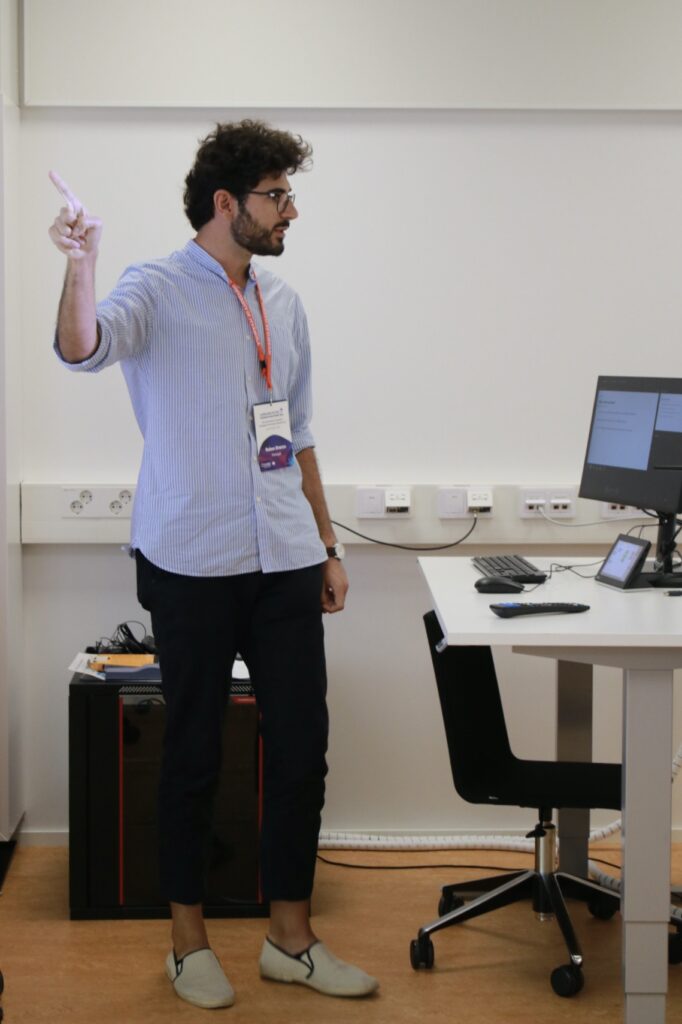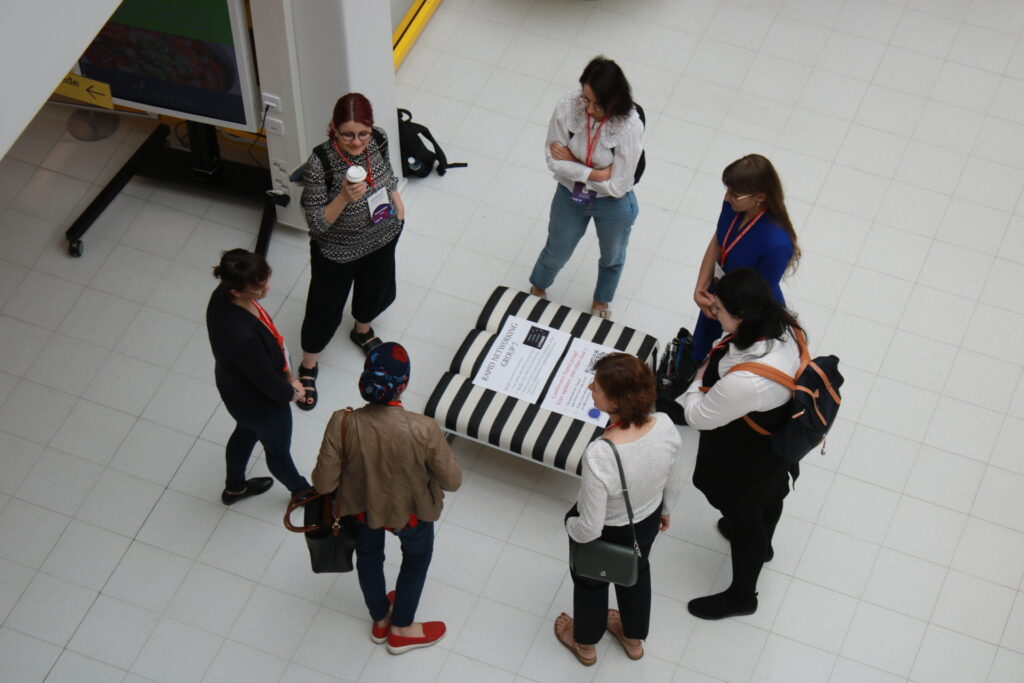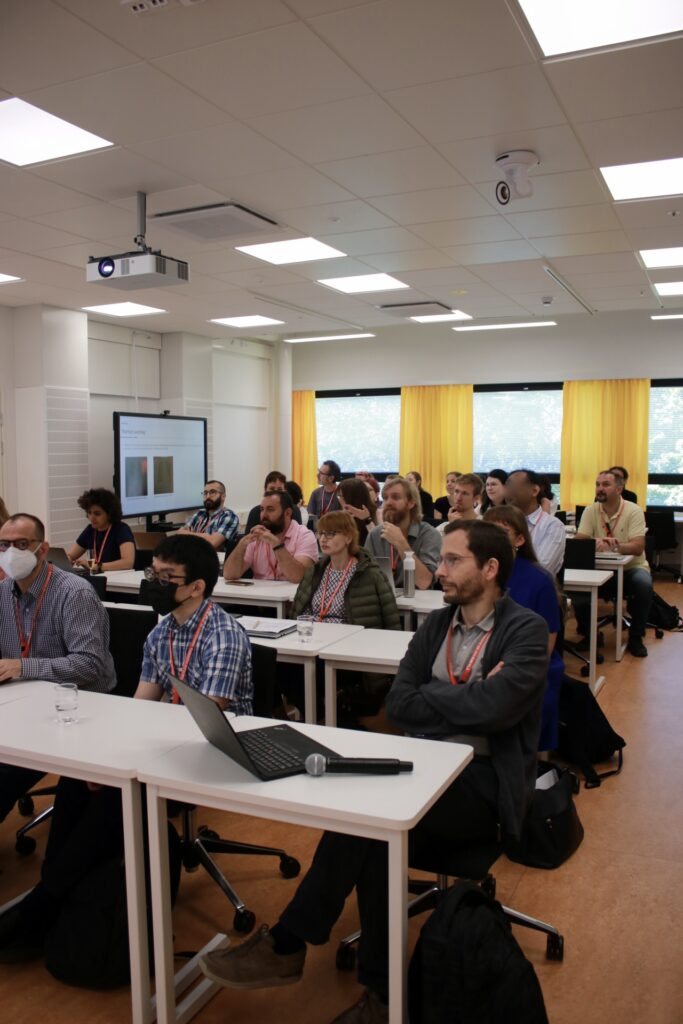LITHME’s 2nd International Conference was a success!
The 2nd LITHME International Conference took place on June 30th – July 1st in the University of Jyväskylä, Finland. The event hosted 67 participants, experts from the fields of linguistics and technology. Working groups presented their work and shared their ideas of what the future of the human-machine era will hold. The atmosphere at the conference was enthusiastic and the participants got to enjoy the surprisingly sunny Finnish summer.
We were delighted to welcome LITHME members from across Europe and beyond to our
LITHME Action Chair Dave Sayers
first in-person conference, here in sunny Jyväskylä! The conference was absolutely
buzzing with energy and interest, and it was impossible to move without hearing
another fascinating interdisciplinary collaboration emerging from the presentations
and discussions during breaks. Thanks to all who came along, and we look forward to
next year’s conference!
The presentations and talks offered new ideas in the respective fields and ways to open a dialogue between industry and academia, which was also the main theme of the advice panel with Netaya Lotze (University of Münster, Germany), Shekhar Nayak (University of Gröningen, Netherlands), Alain Couillault (APIL, France) and Siwen Guo (Zortify, Luxembourg). The panel discussion was led by LITHME’s vice-chair Sviatlana Höhn.
Plenary speaker Ken Perlin discussed how smartglasses — and the networked infrastructure will change how we interact with each other. The changes in this technology will affect how we see the world and interact in the changing technological environment. A profound point of discussion was that many ordinary objects we surround ourselves with daily were at some point something new and extraordinary, now being mundane. The future trajectory of smartglasses envisioned by Perlin might one day lead to technology being such an intrinsic part of our environment and social interactions that it becomes unremarkable.
It seems that the fields of linguistics and computer science have a lot of crossovers, so there are possibilities to combine research and get new perspectives. Some participants benefited from meeting new colleagues and making contacts during the rapid networking sessions or the breaks that were used to further discussing the presentations.
Overall, the conference was a success, and we hope that all participants were as delighted as the organisers by the chance to meet others from LITHME network during the conference.




